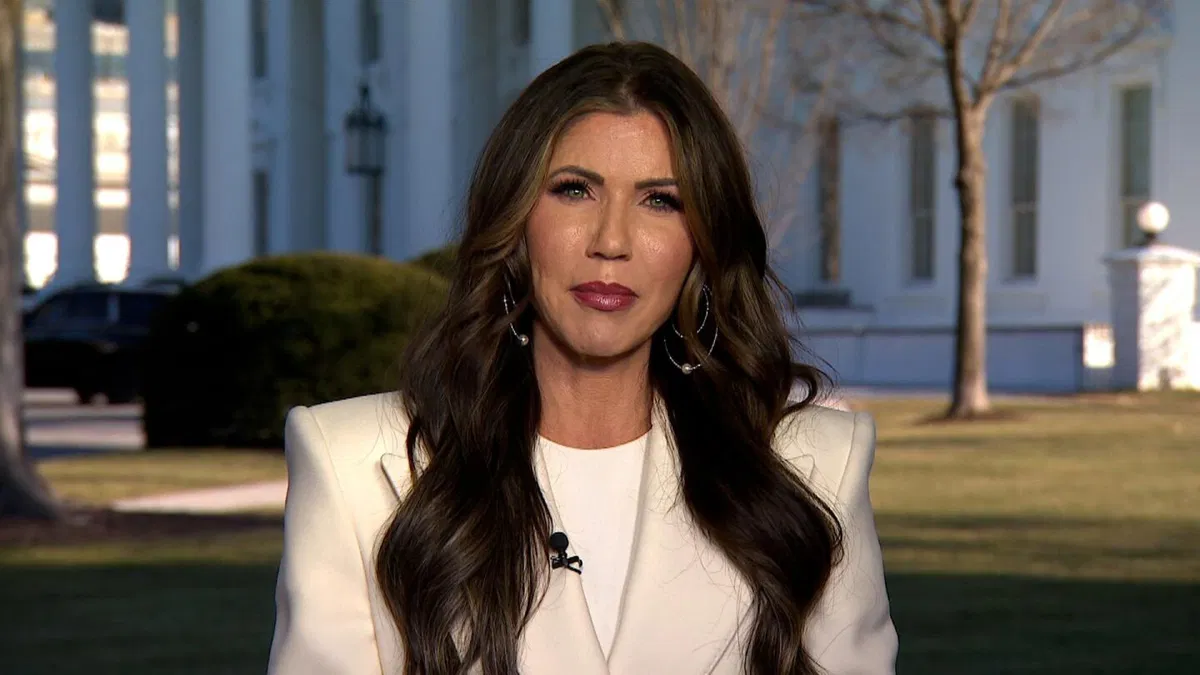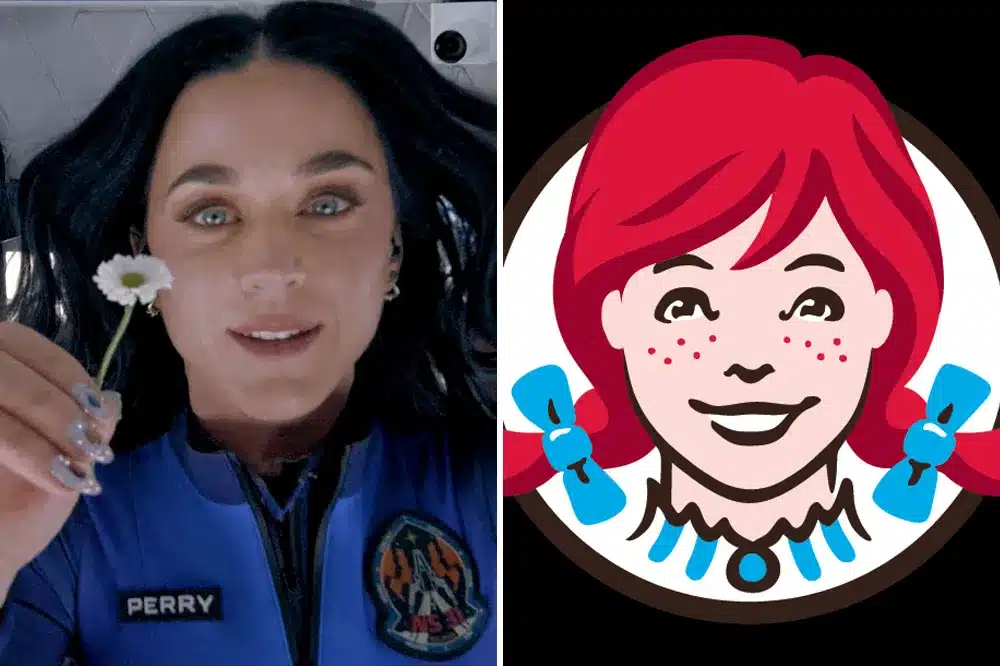
The commercial success of an artist, especially in regards to music, is equally dependent on the quality of the promotion of the artist as it is the quality of the artist’s work itself. Too often, the financial forces that drive the publicity for an artist are determinative of an artist’s “success”. The more the artist remains in the cultural discussion, the more the public develops an interest in the artist. So long as an artist’s name stays in the public conscious, there will be a public interest.
In the past fifteen years, the rise of the internet has created a monumental shift in the manner which the cultural conversation is discussed — although the topics discussed, structurally, remain unchanged. In regards to popular music, the rise of the internet has stripped the authoritative powers of industry’s tastemakers; thereby un-muting the artists themselves. Today, the musician has greater control over the promotion and distribution of his/her work, as opposed to a time when an musician’s commercial success was left to the mercy of the industry. Thanks to the likes of Facebook, Soundcloud, Bandcamp, Twitter, and countless number of blogs, every musician and fan may have communicated directly to one another. Technology has allowed the musician to navigate his/her own media machine.
Although this freedom is beneficial for the individual musician for countless number of reasons, there is a rarely acknowleged undertow. Hidden beneath the elation of distribution control is a paralyzing truth – oversaturation of the market. Rather than the opinions of the industry elite deciding which artists pass through the gates to the next level, there are a million voices all clamoring for the listener’s attention. Our inboxes swell with “private messages” from Soundcloud artists pushing their latest song. Our Facebook walls scrawled with the graffiti of artists announcing this or that. And at the risk of hurting feelings, a lot of the material “shared” is complete shit. We delete before even listening because, although fans, we simply lack the time to sift through countless messages from unknown musicians promoting thousands of different songs.
The simplicity of direct access to potential fans has oversaturated the digital landscape, thereby sending some of the truly talented directly to our spam folders.















